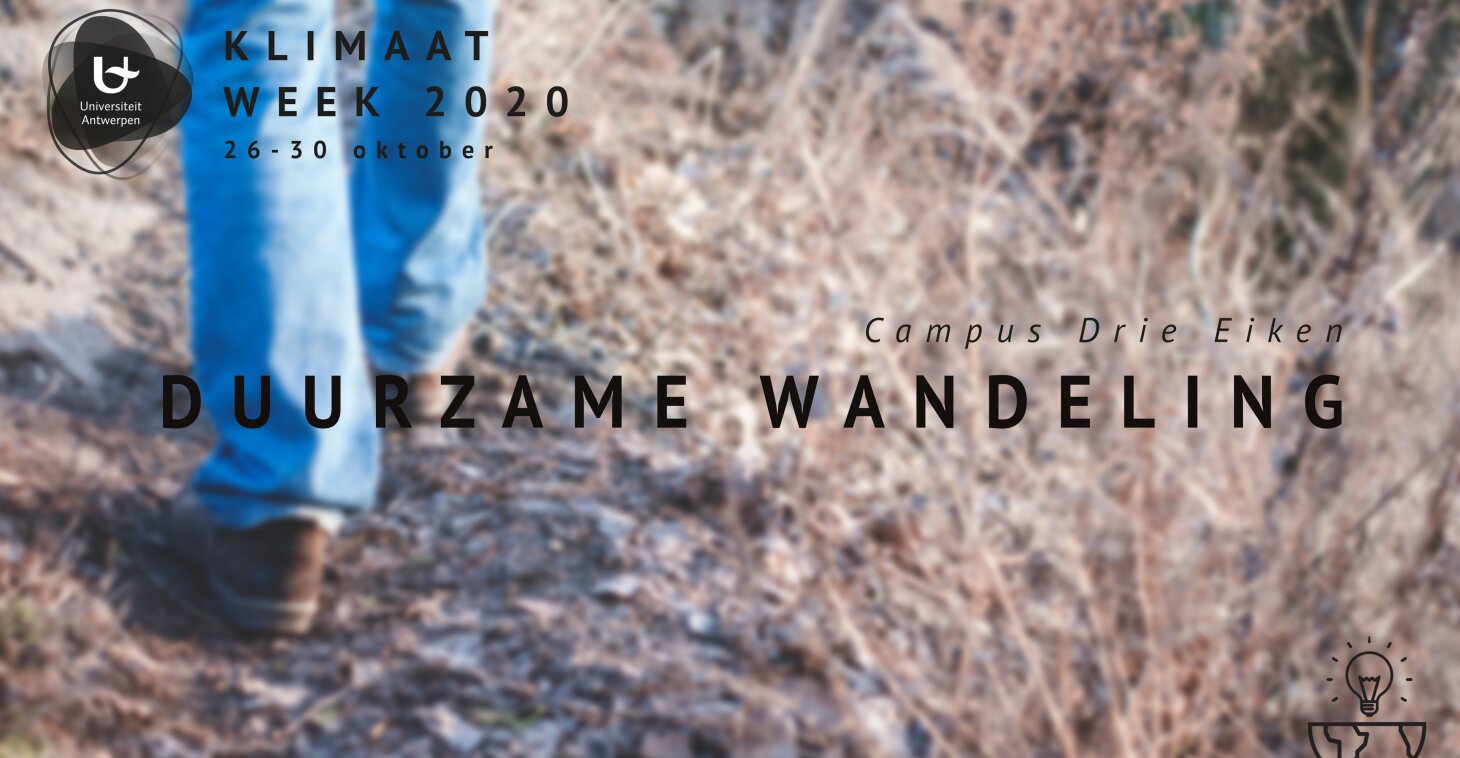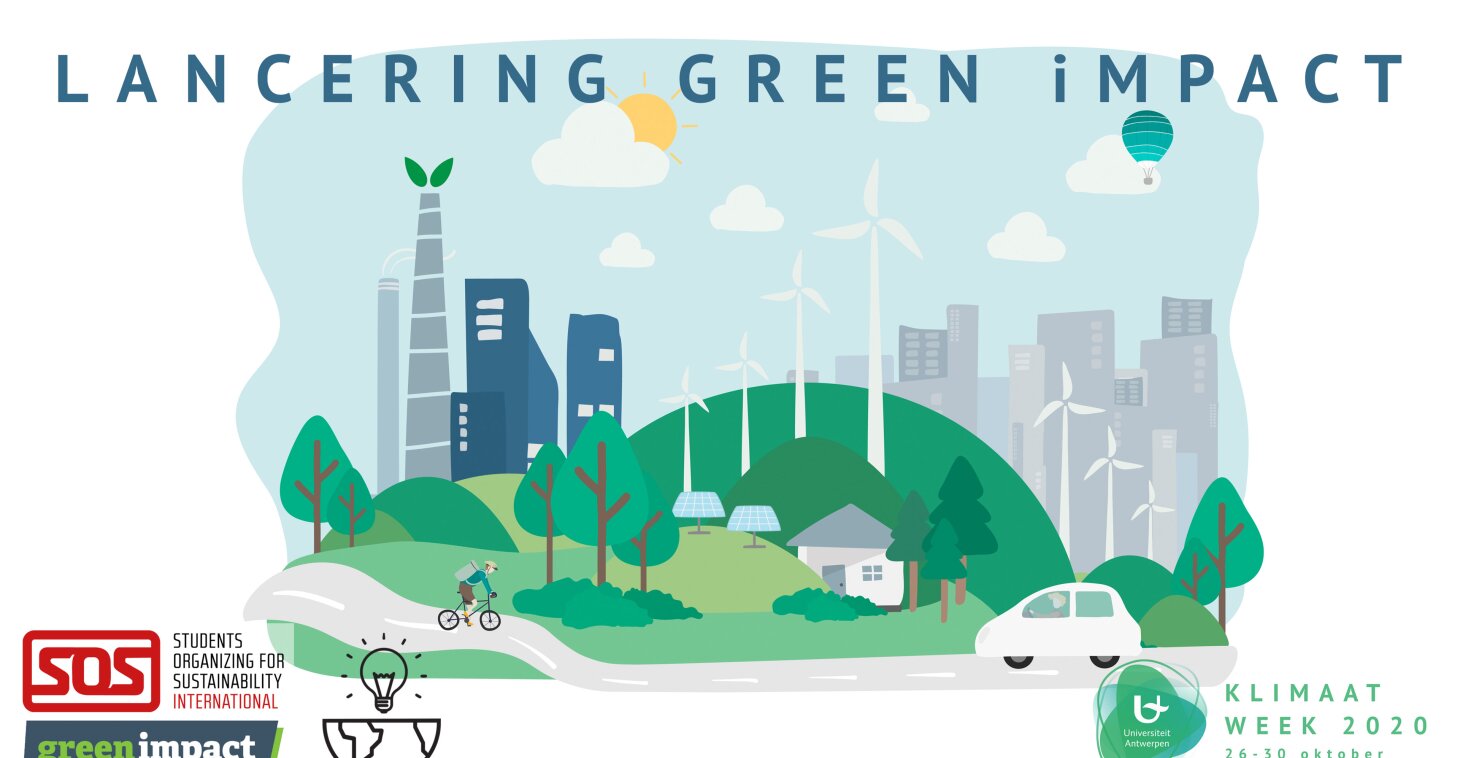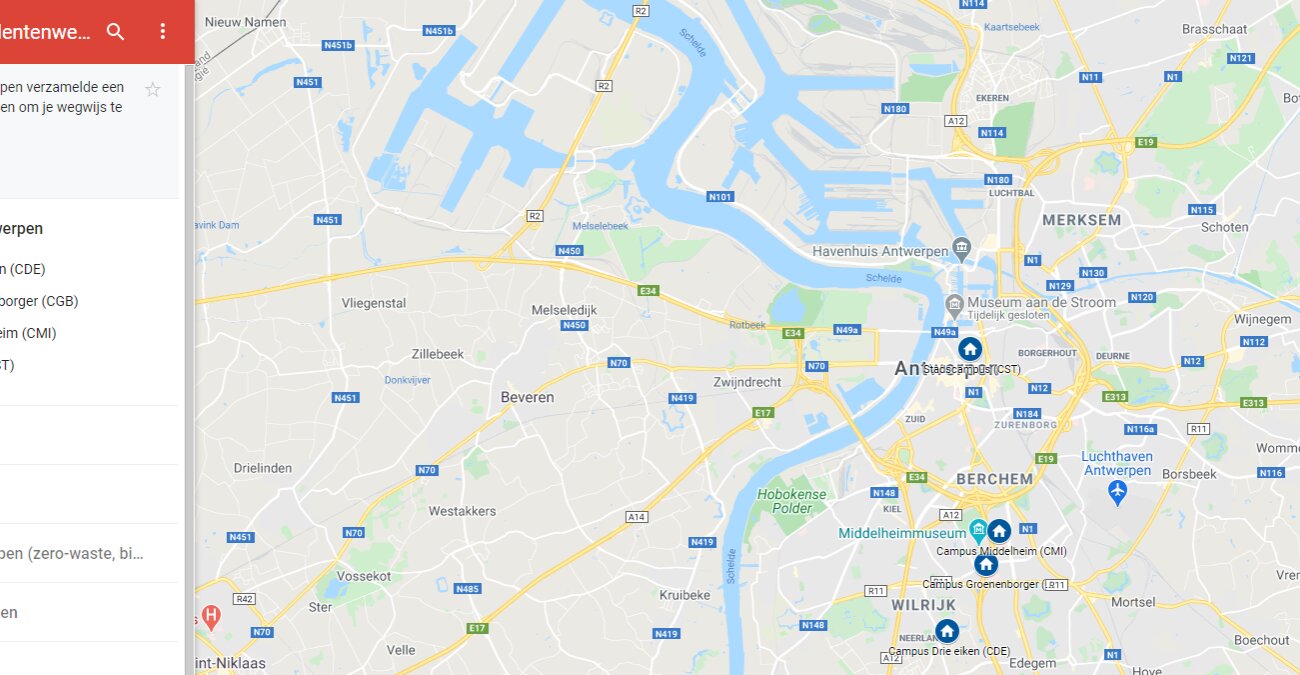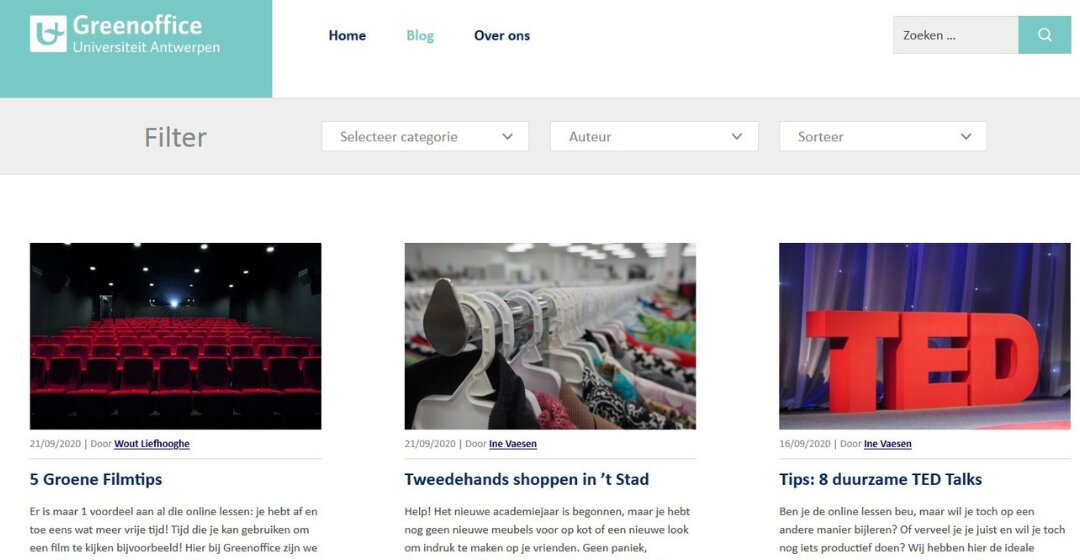Programma 2020 (uitgesteld)
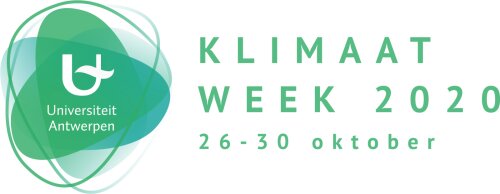
Door de verstrengde coronamaatregelen houden we de live activiteiten voor een nieuwe editie in het voorjaar van 2021. Maar in de laatste week van oktober 2020 zetten we in op duurzaamheid door verschillende van onze andere initiatieven digitaal in de kijker te zetten. Geen online lezingen als vervanging dus, want online lessen zijn er al genoeg ;-)
Voorbije activiteiten
Vrijdag 9 oktober 2020
Webinar - kennis maken met de duurzame ontwikkelingsdoelstellingen
Tijdens het webinar wordt je geïntroduceerd in het concept duurzame ontwikkeling en leer je meer over de SDG's. Laat je inspireren door Peter Wollaert, directeur van CIFAL Vlaanderen en autoriteit bij de uitvoering van de VN Duurzaamheidsdoelen in het hoger onderwijs. Je krijgt als student concrete praktische hulpmiddelen om een duurzame toekomst te bouwen.
Organisatie: IMDO
Vrijdag 9 oktober 2020, 14-16 uur (inclusief korte pauze)
https://www.uantwerpen.be/.../activ.../9-october-2020---web/
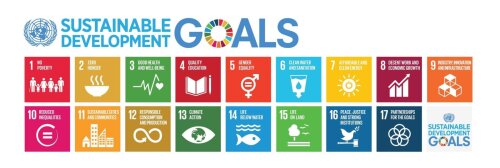
Woensdag 14 oktober 2020
Veranderingen in landgebruik nodig om klimaatdoelstellingen Parijs te halen
Les gegeven door Ivan Janssens
Opname kan binnenkort hier bekeken worden.
Vrijdag 16 oktober 2020
Webinar 'How to integrate the SDGs in higher education and research?'
Time: 14 - 16h
Register: here (Only registered participants will receive a link to access to the webinar)
In 2015 the 193 member states of the United Nations decided on a new, ambitious action plan and ethical compass for the world: 17 global 'Sustainable Development Goals' for more peace and justice based on human rights, social progress, better care for the environment, more industrial innovation and decent work, good governance and win-win partnerships between governments, businesses and civil society.
As an academic, how can you prepare your students for a world in change? How can you integrate the SDGs in education and research? Be inspired by Peter Wollaert, Managing Director of CIFAL Flanders and authority in implementing the UN Sustainability Goals in higher education. You will be given concrete tools as a lecturer or researcher to help build the sustainable university of the future.
Become a change agent within the University of Antwerp!
Organised by:

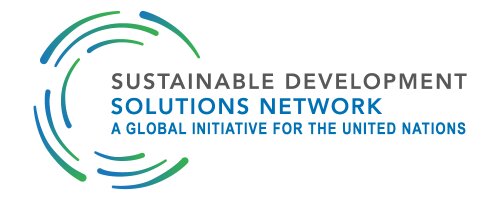
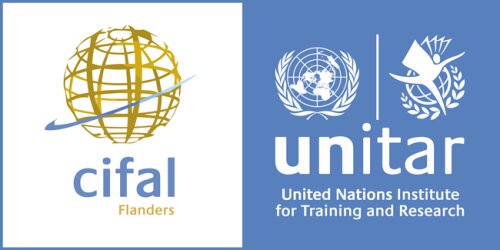
Dinsdag 20 oktober 2020
Webinar on decolonizing ecological relations
Time: 19h - 21h
Decolonizing ecological relations just like decolonization in general is such as a complex and politically charged issue that should involve people affected the most by colonialism. As such there is no single solution and a blueprint to decolonizing ecological relations.
In talking about colonialism and ecological relations, it’s important to note that any economic and political discussion has an ecological reference to it. The global societal relations we create are in fact ecological relations as well. Current colonial and capitalist modes of production and consumption are not separate entities but rather intricate processes that transform nature. The relationship with nature has resulted in historical processes that are today mostly vivid through the global environmental crisis that affects mainly poor and racialized communities in the world.
Decolonization is tied to the histories of domination and exploitation funded upon a vivid struggle between colonizers and colonized. Because it is about looking at historical and geopolitical multi-scalar relations that continue to exist, it has always to be contextualized to a specific geography and history of violence and dispossession. As such, it is about tackling the process of dispossession, violence and death that happened and continues to happen to racialized groups. These actions need to engage with structural injustices and judicial reform that go beyond economic pay-outs.
Decolonization is assuming social and ecological relations not as natural facts but as other forms of economic production and reproduction that are the result of the collective memory of societies. Rather than unlearning and deconstructing western knowledge or critiquing modernity, it is more about a serious discussion on how to symbolically and materially dismantle colonial, racial, gender and class oppression historically imposed and permanently reinforced upon people through social institutions. This dismantling starts in daily practices and extends to multiple scales of action and movement.
In sum, decolonization is subject to contradictions. It is a struggle, it is in dispute and it is unfinished.
Register here
Woensdag 21 oktober 2020
Nabespreking Documentaire 'Thank You For The Rain'
Bekijk de documentaire ‘Thank You For The Rain’ vanuit je eigen woonkamer (we sturen je op voorhand een link naar de film) en volg op 21 oktober om 20u het online nagesprek met:
Julia Dahr is regisseur van Thank you for the rain. In 2016 werd ze opgenomen in Forbes Magazine's '30 Under 30′ lijst;
Lien Vandamme is beleidsmedewerker klimaat bij 11.11.11;
Johannes Lievens is klimaatactivist en student aan het Conservatorium/AP Hogeschool. Voor zijn bachelorproef woordkunst stond hij 100 dagen lang 2 minuten per dag stil voor het klimaat;
Anke Verschueren zal het gesprek modereren.
Schrijf je in via deze link https://11.be/klimaatfilm en ontvang meteen de link naar de documentaire. Bekijk de film voordat het online nagesprek plaatsheeft op 21 oktober om 20u.
Dit event is een samenwerking tussen 11.11.11, AUHA, Ispirelli, Student en Engagement, Karel de Grote Hogeschool, Universiteit Antwerpen, IDeE, Thomas More hogeschool, VLIR-UOS en Stad Antwerpen
Dinsdag 27 en Donderdag 29 oktober 2020
Lancering Green Impact - zelf aan de slag met de klimaatstrategie (13u-14u)
Recent lanceerde onze universiteit haar klimaatstrategie, met als doelstelling om in 2030 klimaatneutraal en in 2050 volledig fossielvrij te zijn. Om deze doelstellingen samen te kunnen bereiken, nodigen we alle werknemers uit om deel te nemen aan Green Impact, een project in samenwerking met GreenOffice en SOS International. Green Impact vertaalt de actiepunten van de klimaatstrategie in 100+ kant-en-klare acties die geïmplementeerd kunnen worden op de werkvloer en in de thuiswerkomgeving. Als deelnemers krijg je alle nodige ondersteuning en toegang tot een universiteitsbreed netwerk van gelijkgestemden om een duurzame impact te creëren. Daarnaast kan je een mooie prijs winnen voor je inspanningen.
Benieuwd? We organiseren twee infosessies op dinsdag 27 oktober en donderdag 29 oktober.
Alle info en gratis inschrijven hier.
Praktisch:
Dinsdag 27/10/2020 om 13 u. - neem hier deel aan de MS Teams-meeting
Donderdag 29/10/2020 om 13 u. - neem hier deel aan de MS Teams-meeting
Online via MS Teams
